Who are the political parties' paymasters?
Labour’s dispute with the Unite trade union has raised questions about the political influence of party donors. Who pays, and who calls the tune? James McKeigue investigates.

Get the latest financial news, insights and expert analysis from our award-winning MoneyWeek team, to help you understand what really matters when it comes to your finances.
You are now subscribed
Your newsletter sign-up was successful
Want to add more newsletters?

Twice daily
MoneyWeek
Get the latest financial news, insights and expert analysis from our award-winning MoneyWeek team, to help you understand what really matters when it comes to your finances.

Four times a week
Look After My Bills
Sign up to our free money-saving newsletter, filled with the latest news and expert advice to help you find the best tips and deals for managing your bills. Start saving today!
What happened?
A row has broken out between the Labour party and the Unite trade union over the selection of candidates for the Falkirk constituency. The dispute is part of a bigger conflict between Labour's leadership and its biggest financial backers, the unions, over who controls policy and personnel in the party. The row has shone a spotlight on the question of the influence donors exert over politicians, and has led to calls for reforms of political funding.
How are the parties funded?
There are three main sources of funding for political parties: donations, membership fees and public money. Membership fees used to be a lucrative source of finance. However, over the last half a century, the percentage of the adult population who are active members of a political party has dropped from 5% to just 1%. Membership of the Conservative party has slid from 2.8 million in 1953, to around 130,000 today. Labour membership has fallen to around 190,000. During the same period, public funding for parties has increased. In the 1970s, when party finances were in a poor state, public funding for opposition parties (known as short money') was introduced. The idea was to strengthen democracy by ensuring that parties recently beaten at the polls would still have sufficient resources to campaign effectively. A much smaller pot of policy development grants is also shared between the parties represented in parliament. But the most controversial source of funding is donations from individuals, companies, trade unions or trusts.
How much money do they get?
The most recent Electoral Commission data shows that Labour and the Conservatives each received almost identical amounts in the first quarter of 2013, around £3.5m each. Yet there are big differences in how they're funded. Around 36% of Labour's donations came from trade unions, down from 70% in 1988. This is partly down to falling union membership, and also because some influential unions, such as the RMT, have left the Labour party. The Conservatives get nothing from the unions, but make up the difference with bigger donations from businesses and individuals. Again, funding is quite concentrated. Research from Liverpool University lecturer Stuart Wilks-Heeg shows that just 50 donor groups' accounted for half the party's funding between 2000 and 2010. The Liberal Democrats received the least money of the big three: just £800,000 in donations. When it comes to public income, Labour is the clear leader. That's because, with the Lib Dems sharing power with the Conservatives, Labour is the main beneficiary of short money, which contributed more than £1.5m to party coffers in the quarter.
MoneyWeek
Subscribe to MoneyWeek today and get your first six magazine issues absolutely FREE

Sign up to Money Morning
Don't miss the latest investment and personal finances news, market analysis, plus money-saving tips with our free twice-daily newsletter
Don't miss the latest investment and personal finances news, market analysis, plus money-saving tips with our free twice-daily newsletter
What do donors get in return?
Those backing political parties ultimately do so for a reason, and legally there is nothing wrong with a person or industry backing the party that best suits its interests. But clearly it's a problem for a democracy, where everyone's vote is meant to be equal, if some voters can buy more influence than others or at least seem to be in a better position to do so. As one financier and significant Conservative donor told the Financial Times: "there probably aren't many votes in cutting the 50p top rate of tax [as George Osborne did], but among those who give significant amounts to the party, it's a big issue and that's probably why it's a big issue for the party too". Labour has faced similar accusations: in 1997, after getting a £1m donation from Formula 1 boss Bernie Ecclestone, the Labour government exempted the sport from its tobacco advertising ban. Above and beyond perfectly legal donations, there has been a series of scandals over the past decade cash for honours', cash for questions', cash for access' which has shown that money is regularly used to curry favour with the government.
Hasn't anything been done to control this?
Party finance is overseen by the Electoral Commission, which has introduced reforms in the past. All donations must be from a permissible source' (basically a UK resident or UK-registered firm). There is no limit on donation size, but anything over £7,500 must be publicly declared. But donors often use legal fame avoidance techniques' to hide the extent of their support. One tactic is to split a donation through a network of businesses, friends and family. With Miliband now proposing to reform Labour's funding, the issue will remain in the spotlight, although any new ruling is unlikely before the next election. The one proposal all three main parties appear to agree on is a cap on donations. But that brings its own problems, as the US can attest.
What can we learn from abroad?
State funding is one option. In the European parliament, parties get funding according to the number of seats they hold. It's similar in Greece and Italy. Yet given the corruption prevalent in all three, it is far from clear that state funding helps. In America the internet has transformed funding. More than three million people donated to Barack Obama's election fund, averaging $85 each. But America is hardly perfect. While individual gifts are capped, the 2012 election was the most costly yet, at around $2bn. More than half came from sources that wouldn't be permitted in Britain. Political action committees can't participate directly, but run media campaigns to help their candidate. They raised around $600m, with 60% coming from just 1% of donors. Millions more were raised by social welfare groups that don't reveal their donors.
Get the latest financial news, insights and expert analysis from our award-winning MoneyWeek team, to help you understand what really matters when it comes to your finances.
James graduated from Keele University with a BA (Hons) in English literature and history, and has a certificate in journalism from the NCTJ.
James has worked as a freelance journalist in various Latin American countries. He also had a spell at ITV, as well as writing for Television Business International and covering the European equity markets for the Forbes.com London bureau.
James has travelled extensively in emerging markets, reporting for international energy magazines such as Oil and Gas Investor, and institutional publications such as the Commonwealth Business Environment Report.
He founded LatAm INVESTOR, the UK's only Latin American-focused investment magazine.
He is currently the Business Editor at Compass Media.
-
 8 ways the ‘sandwich generation’ can protect wealth
8 ways the ‘sandwich generation’ can protect wealthPeople squeezed between caring for ageing parents and adult children or younger grandchildren – known as the ‘sandwich generation’ – are at risk of neglecting their own financial planning. Here’s how to protect yourself and your loved ones’ wealth.
-
 What are Avios-only flights and who is eligible?
What are Avios-only flights and who is eligible?Avios-only flights have proved incredibly popular since launching in 2023. We explain what they are, how they work and who qualifies
-
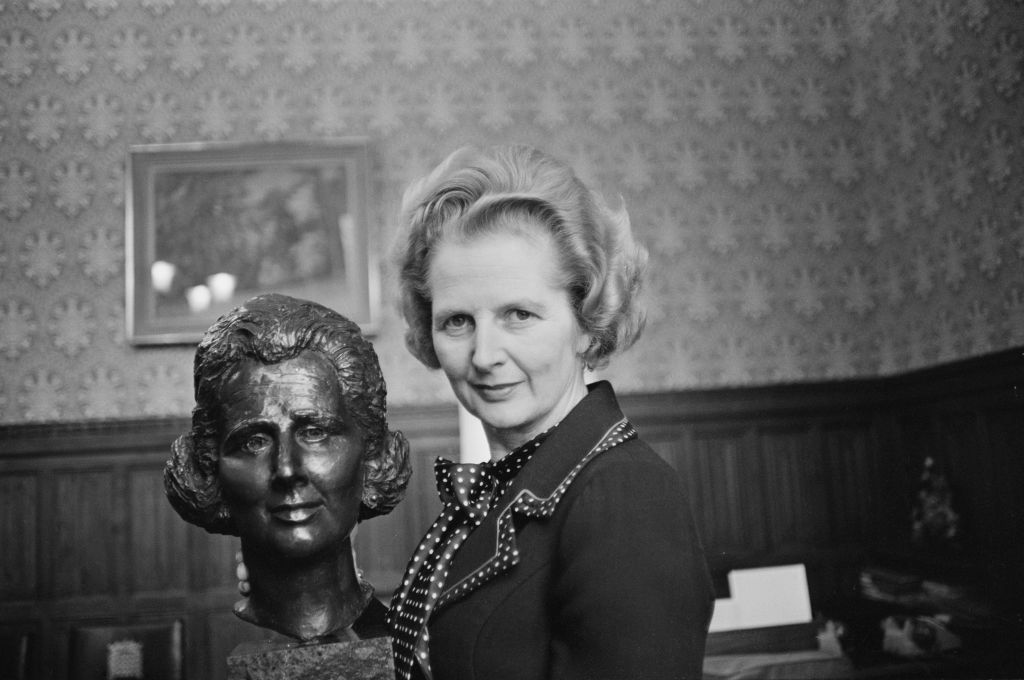 Was Margaret Thatcher great for Britain?
Was Margaret Thatcher great for Britain?The 'Iron Lady’ would be celebrating her 100th birthday this month. Margaret Thatcher rose to power in 1979 as the first ever female prime minister and was one of the most controversial leaders in history, but how did her policies shape today’s finances?
-
 It’s been 16 years, but the UK economy finally has a chance
It’s been 16 years, but the UK economy finally has a chanceOpinion The UK economy has been dealing with one crisis after another since 2007. Policymakers now have a chance to fix some of the underlying problems holding back growth.
-
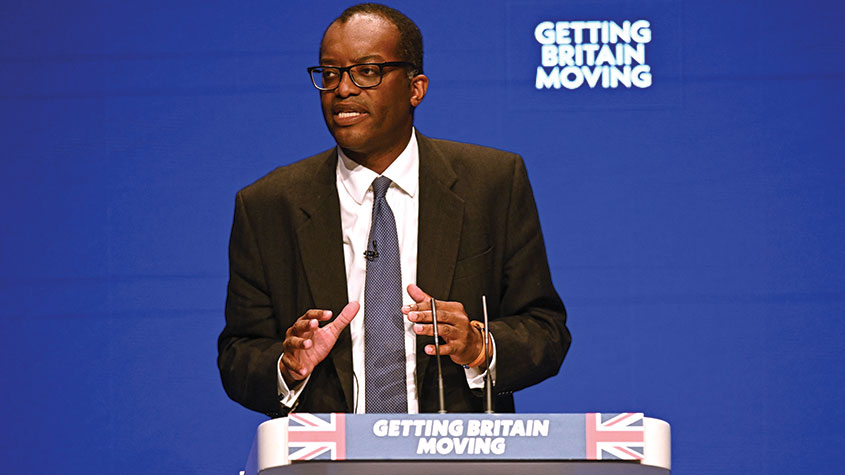 The “plan for growth”: what Truss and Kwarteng got right
The “plan for growth”: what Truss and Kwarteng got rightOpinion The Tories’ “plan for growth” has got off to a bad start, but their reforms can still transform Britain
-
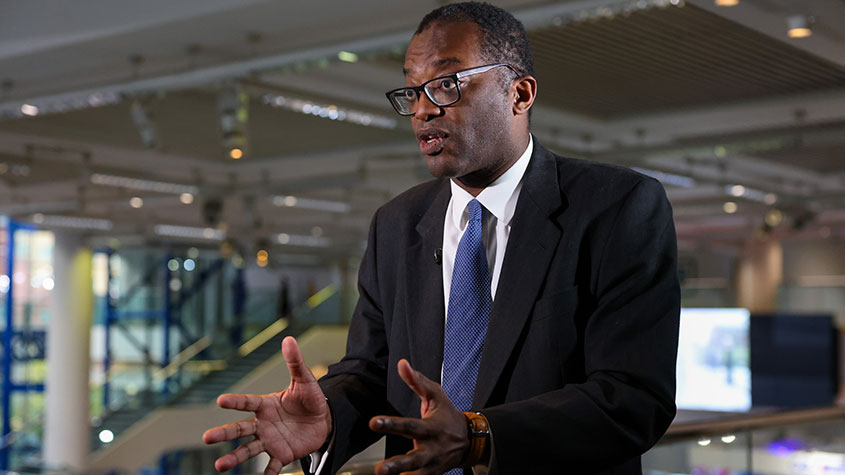 Kwasi Kwarteng U-turns on top tax rate decision
Kwasi Kwarteng U-turns on top tax rate decisionNews Kwasi Kwarteng has U-turned on his top tax rate reduction announced in his mini-Budget at the end of September.
-
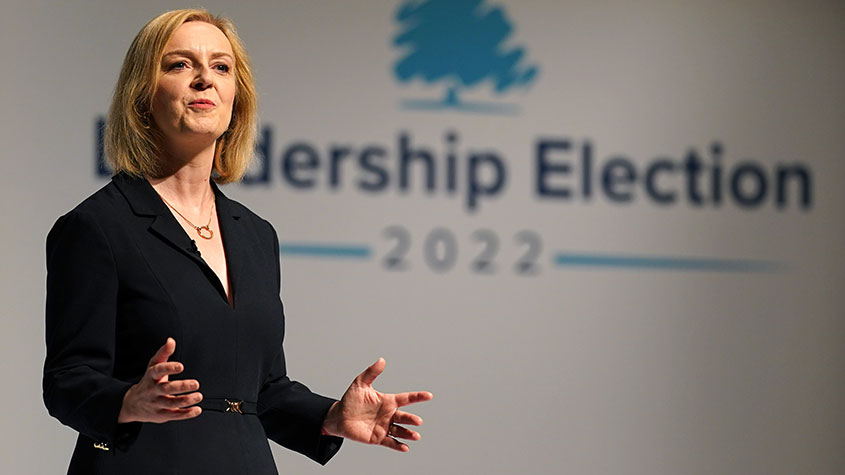 Investors should get ready for a political revolution
Investors should get ready for a political revolutionOpinion Liz Truss will beat Rishi Sunak, cut taxes, and then shake up the Bank of England, says Helen Thomas
-
 Who will be the next prime minister and what are the bookies’ odds?
Who will be the next prime minister and what are the bookies’ odds?News The Tory leadership contest is in its final phase. Matthew Partridge reports on the contest and looks at who the bookies’ favourite is.
-
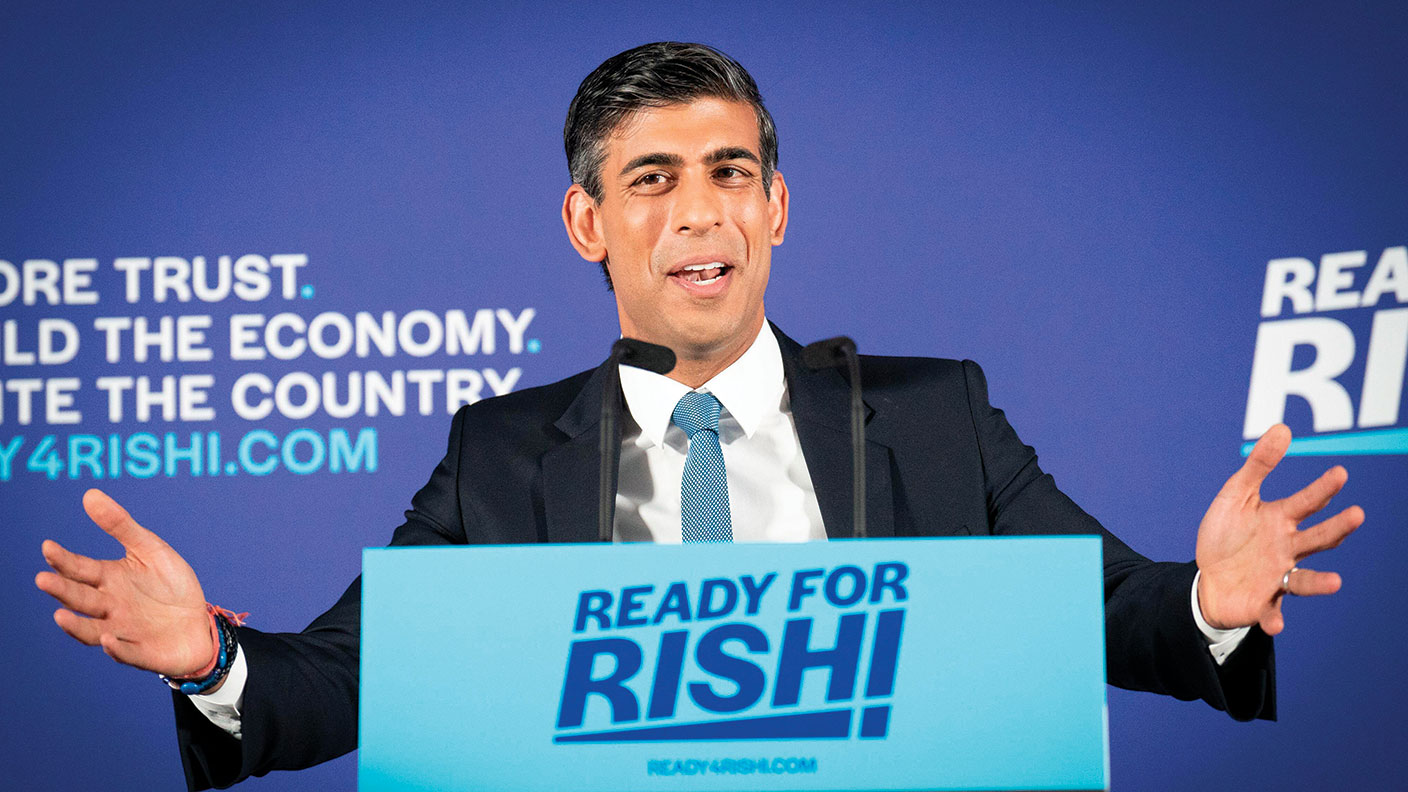 The public may have reached its limit for tax rises
The public may have reached its limit for tax risesEditor's letter The UK tax burden is now at a 70-year high. And, while there may be some reason to hold off on cuts right now, taxes are too high because the state tries to do too much. Perhaps it should do less, says Merryn Somerset Webb.
-
 Boris Johnson's exit leaves Britain with a towering in-tray
Boris Johnson's exit leaves Britain with a towering in-trayBriefings Britain’s economic problems are rapidly piling up after the last few years of drift and chaos. What should we do first?
